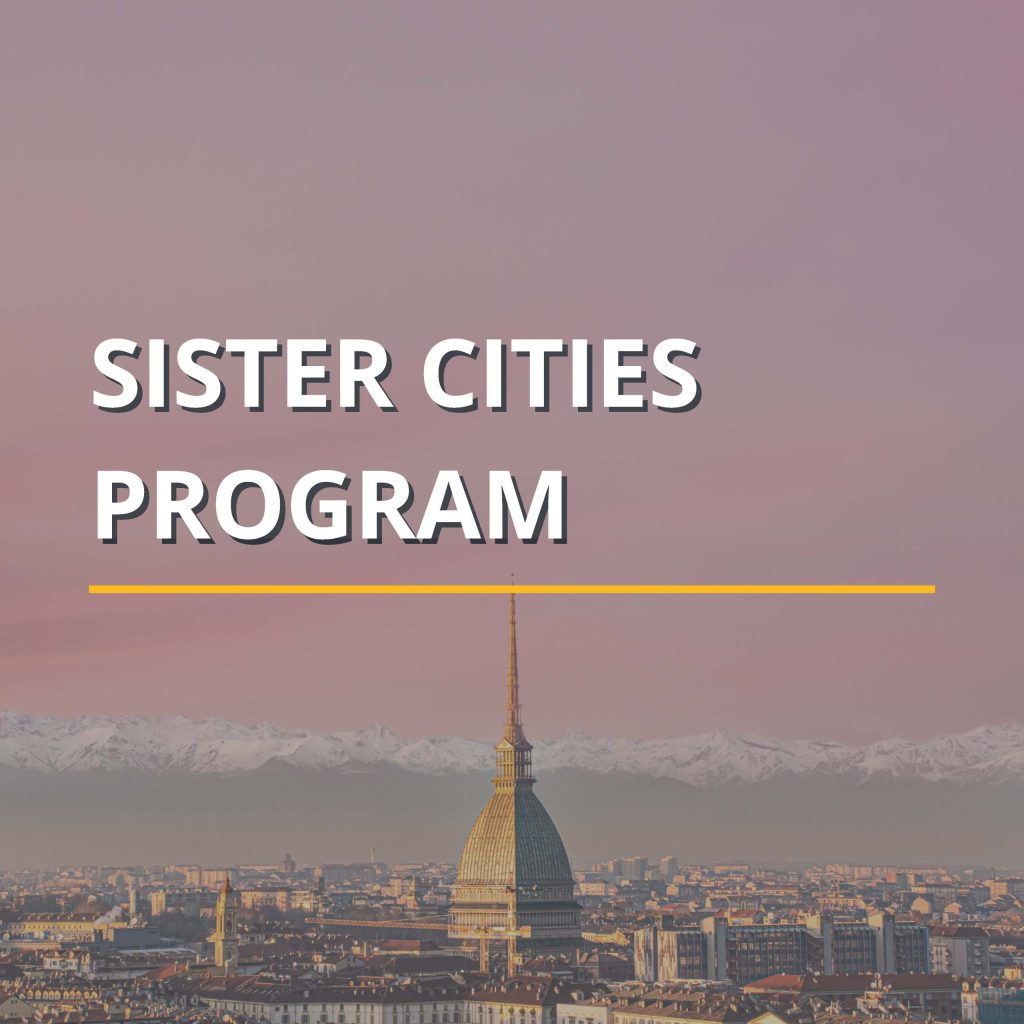Salt Lake City Welcomes New Tech Advisor to Support Tech Lake City Initiative
Posted on: April 3rd, 2024
Salt Lake City’s Department of Economic Development has announced Atim A. Enyenihi, Ph.D. as the department’s new Technology and Innovation Strategic Advisor. Dr. Enyenihi joins the city with 18 years of experience as a chemist developing and validating analytical methods for a variety of purposes including discovery and development of therapeutics, clinical laboratory testing, and […]
Read More
New Partnership Brings STEM Education Initiative to Salt Lake City Students
Posted on: February 26th, 2024
A partnership that will enhance STEM (science, technology, engineering, and math) education for Salt Lake City students was announced. The partnership between Salt Lake City Corporation, Uplift Aerospace, Salt Lake City School District, and the Salt Lake Education Foundation will bring an immersive, nine-week educational initiative to Salt Lake City students. The initiative, entitled Starborn […]
Read More
Ocean City Approved for EDLF Loan from Salt Lake City Economic Development
Posted on: December 6th, 2023
The Salt Lake City Council recently approved a $90,000 Economic Development Loan Fund (EDLF) loan for Ocean City Seafood Market. Working with the Business Development division of the Department of Economic Development, Ocean City Seafood Market received a $90,000 Economic Development Loan Fund (EDLF) loan to assist with purchasing a rooftop solar array and working […]
Read More
Salt Lake City Wins $1 Million Dollar Grant for Public Art Addressing the Great Salt Lake’s Environmental Crisis
Posted on: October 24th, 2023
Image by Ned Khan – Pages of Salt. Salt Lake City has been selected as one of eight winning cities across the country to receive $1 million as part of the Bloomberg Philanthropies Public Art Challenge. This unique grant program supports temporary public art projects that address important local civic issues in U.S. cities. The Salt […]
Read More
Salt Lake City Seeks Public Feedback on Main Street Vision
Posted on: October 17th, 2023
Salt Lake City requests public feedback on conceptual design alternatives to transform Main Street (from South Temple to 400 South) into a people-oriented, worldwide destination. This vision builds upon past planning documents and the success of the Open Streets events, hosted in partnership with the Downtown Alliance. This study incorporates the lessons learned from past events […]
Read More
Economic Development Loan Approved for New, Locally-Owned Bakery in Salt Lake City
Posted on: August 28th, 2023
Leavity LLC was recently approved for an Economic Development Loan Fund loan from The Salt Lake City Department of Economic Development Salt Lake City, UT – On August 15, the Salt Lake City Council approved a $100,000 Economic Development Loan Fund (EDLF) loan for Leavity LLC, a new locally owned bakery business located at 47 […]
Read More




